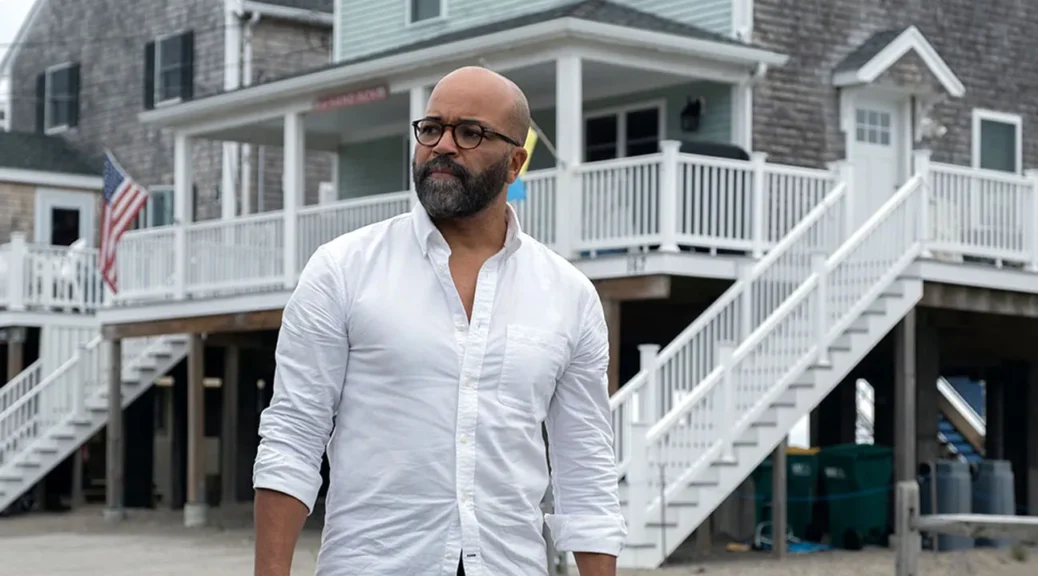American Fiction
by Hope Madden
Boyz in the Hood is a great movie. In 1991, the same year 23-year-old John Singleton’s feature debut made box office and Oscar history, Julie Dash released the beautiful, generational drama, Daughters of the Dust. No guns, no cops, no real violence to speak of, Dash’s film nabbed a Sundance grand jury prize nomination and cinematography award.
Daughters of the Dust was essentially forgotten upon its release. (It has, thank God, in recent years been rediscovered, restored, and added to the National Film Preservation Registry.) But Boyz in the Hood immediately reshaped movies.
Writer/director Cord Jefferson’s American Fiction takes aim at fiction – print or cinematic – and its problematic relationship with Black trauma. But to say that Cord’s film would like to see movies move beyond Boyz in the Hood and other films that revel in suffering would be to simplify, even miss its point. The filmmaker complicates the discussion with debate over a Black creator’s right to simply pursue success, as any other creator might. Even if that means catering to a white audience’s thirst for Black trauma.
“White people think that they want the truth, but they don’t. They just want to feel absolved.”
You might not expect a film that floats this truth so effortlessly to be a laugh riot, but American Fiction delivers an awful lot of laugh-out-loud moments.
Jeffrey Wright plays cantankerous college professor and literary writer Thelonious “Monk” Ellison. His latest manuscript is not being picked up for publication, his students hate him, and suddenly he needs to look after his mother, who will need round-the-clock care. Which costs money. The kind of money you can make if you pander to exactly the readership he loathes.
Monk does, incognito, and soon he’s pretending to be something he’s not at work and pretending not to be something he is at home. Buried within this are a couple of really lovely, sweetly complex middle-aged romances. Those are rare in films, so they deserve a mention here.
Issa Rae and Sterling K. Brown offer remarkable supporting turns as characters you want to dislike but simply cannot – part and parcel of a film that forever asks you to rethink what you believe you know. And maybe laugh bitterly as you do.
Adam Brody is also a hoot as that same smarmy douche he always plays, but he does it so very well. Jon Ortiz and Erika Alexander both bring warmth and humanity to a story essentially about a man who is not quite sure how to be warm and human.
Wright – an underappreciated genius of an actor if ever there was one – does what he always does. He conjures a fully formed human being, flawed but forgivable and endlessly earnest. Buoyed by a delightful ensemble and cuttingly hilarious script, he delivers one of the finest performances of his career.







